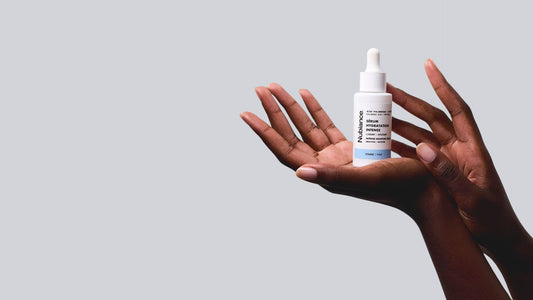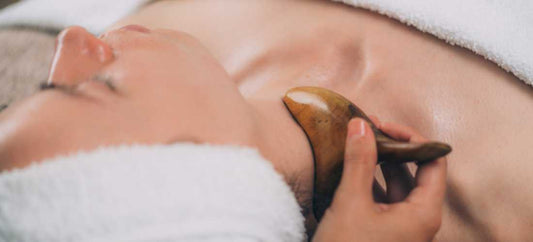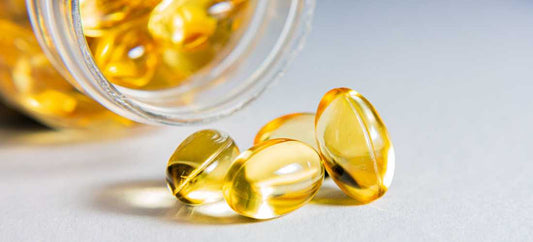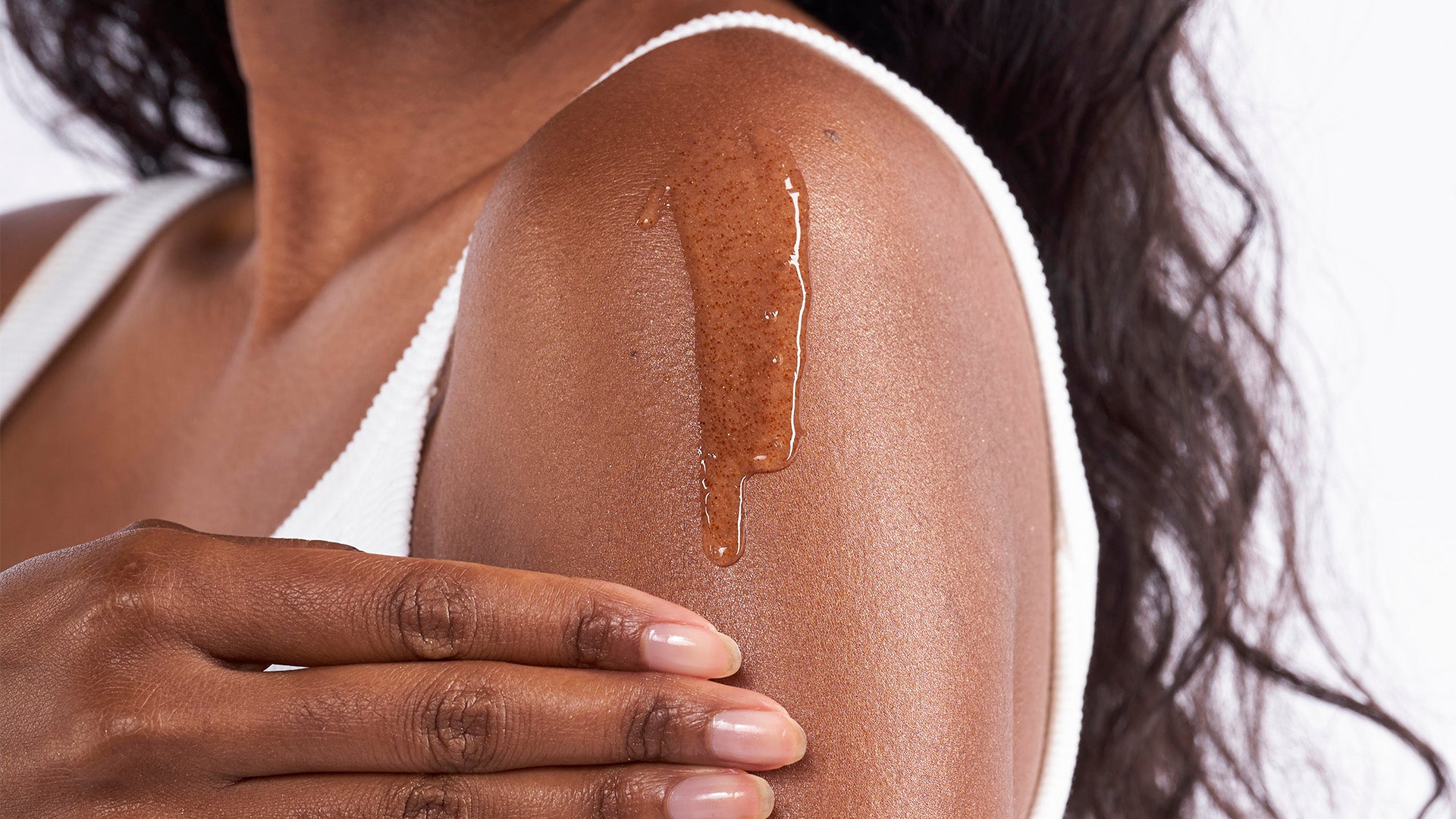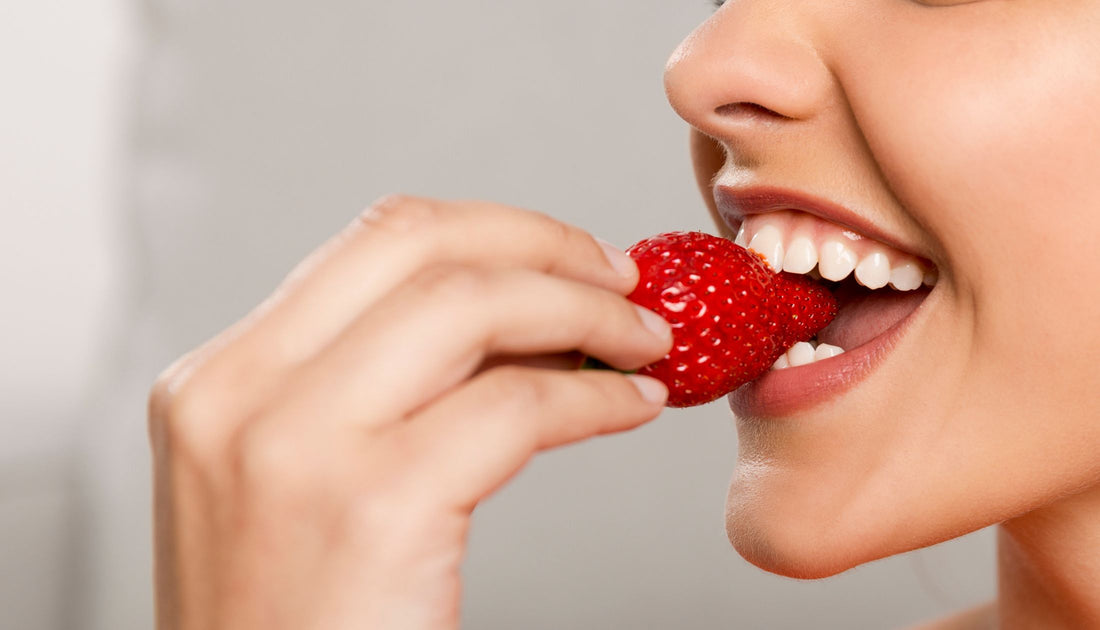
Diet and acne: what should you eat for healthy skin?
Partager
The link between diet and acne often comes to light when pimples bother you. You then wonder what to eat and what foods to avoid to stop skin inflammation. Discover here the foods to avoid and those to favor to maintain beautiful skin.
You will also find other tips for fighting acne, including the Nubiance anti-imperfection beauty routine to regain healthy skin.
Overview of the impact of diet on acne
Numerous studies have demonstrated the impact of diet on your health and that of your skin. Indeed, when your intestine is too saturated due to a meal that is too fatty for example, the skin takes over and will act as a filter. Your complexion becomes dull and blurred, and signs of inflammation appear: redness, spots, itching, dryness, etc.
To have healthy skin and feel better every day, it is important to follow a more balanced diet. Indeed, a diet rich in nutrients, vitamins and antioxidants has multiple beneficial effects for your skin. You will find a more radiant complexion, your skin remains well hydrated and less marked.
Inflammatory acne corresponds to an imbalance in the microbiome. The latter then secretes inflammatory factors into the pilosebaceous follicle. Comedones become inflamed, causing more severe acne. When the inflammation becomes severe, nodules appear, generally very painful, which can develop into abscesses/cysts. The risk of scars and acne lesions is thus increased, hence the importance of limiting a diet that promotes acne .
However, we must keep in mind that the causes of acne are multifactorial. Diet is therefore not the only factor to blame.

Discover our article on the different acne treatments .
Foods to Avoid to Reduce Acne
Foods high in sugar
The glycemic index is a system for evaluating the carbohydrate content of foods. It reflects their impact on blood sugar levels, called “glycemia” . Carbohydrates with a high glycemic index are quickly metabolized and cause a rapid rise in blood sugar levels. Low glycemic index carbohydrates are metabolized more slowly so blood sugar levels gradually rise.
Foods that have a high glycemic index quickly raise blood sugar, which causes the body to produce more insulin. The latter stimulates androgens which, in turn, stimulate excessive production of sebum and hyperkeratinization, or the overproduction of cells which leads to obstruction of the sebaceous glands.
Foods with a high glycemic index are: refined foods, such as white sugar and white bread, sweet foods (often soda and chocolate), potatoes and white rice.
Dairy products
Several studies have established a link between high milk consumption and severe acne . Indeed, milk has an impact on hormonal balance, beyond the digestion problems identified in many adults. Milk logically always contains hormones, notably precursors of sebum-stimulating testosterone and growth hormones which activate the proliferation of cells, particularly skin cells.
Despite a low glycemic index, certain milk proteins also boost insulin levels. Milk does not seem to be the most suitable food for acne. But genetics play an important role in your body's relationship with milk. If you suffer from severe acne, especially during times when your hormones are already running high, try reducing your dairy intake to see the changes in your skin.

Foods high in saturated fat
Saturated fats found in fried foods and fatty snacks can cause skin inflammation and disrupt the skin's lipid balance. It is best to consume unsaturated fatty acids, such as omega-3 and omega-6, which are essential for the proper functioning of the body. You will find them in nuts, avocados, fatty fish (salmon, sardines, etc.) or even in walnut oil.
Processed foods and additives
For several decades, food has evolved significantly with more and more industrial, processed foods, rich in refined sugars, saturated fats, and enriched with numerous additives, colorings and preservatives.
Faced with the accumulation of all these new substances, the body does not always know how to cope. It is in this dietary context that acne breakouts appear.
For this reason, try to reduce packaged industrial products as much as possible and replace them with a raw, natural or organic diet that is as minimally processed as possible.
Foods to favor for healthy skin
Foods rich in antioxidants
Free radicals and oxidation can promote inflammation present at all stages of acne development. Antioxidants prove effective in combating their negative effects. Research suggests that people who have acne-prone skin may also have less Vitamin A and E in their blood.
Dark fruits and berries, like blueberries, are rich in antioxidants and fiber, which can help regulate insulin. Watercress and avocado are good sources of vitamin E, and foods rich in beta-carotene , such as pumpkin, sweet potatoes and carrots, are rich in vitamin A.
Foods rich in omega-3
Omega-3s play a role in reducing pro-inflammatory molecules that can worsen acne.
The main anti-acne foods based on omega-3 are:
- Salmon
- Sardine
- Mackerel
- Herring
- Tuna
- Nut
- Linseed oil and seeds
- Rapeseed and walnut oil
- Hemp and chia seeds
Foods rich in zinc
Zinc is essential for healthy skin. It helps reduce inflammation and fights P. acnes, a skin bacteria closely associated with the development of skin blemishes. Some research also suggests that people prone to acne may have a zinc deficiency in their body.
Green vegetables, especially kale and broccoli, are both rich in antioxidants, as well as a good source of zinc . They therefore represent unstoppable anti-acne foods . You can also find cocoa powder, cashews, lentils and mushrooms.

Also discover the top 4 cosmetic active ingredients to fight acne .
Additional Tips for Fighting Acne
Beauty routine
In addition to adopting a more balanced diet, it is important to adopt a care routine adapted to acne-prone skin. You will never be able to have beautiful skin if you don't take care of it, even more so if you have acne. Indeed, it is important to regularly cleanse and purify acne-prone skin suffering from multiple irritations. Forget coarse scrubs or aggressive miracle solutions, and prefer very gentle treatments so as not to further irritate the skin.
Nubiance offers you a Duo of Anti-Blemish Treatments to combine with your anti-acne diet . Specially designed for sensitive, combination to oily and acne-prone skin, this routine consists of only two steps to eliminate pimples and blackheads:
- First cleanse your skin with Cleanactyl® . This soap-free facial cleansing gel with neutral pH can be used morning and evening to gently eliminate impurities from the skin. It is a must-have product for any care routine for acne-prone black skin.
- Then complete your beauty routine with ACT-5® treatment . This intense anti-imperfection treatment is ideal for correcting and preventing imperfections. Its formula based on bakuchiol and hexylresorcinol reduces pimples, blackheads and brown spots caused by acne. The natural balance of your skin is preserved by its unique formula which does not dry out the epidermis.
You can also complete your beauty routine with food supplements for balanced skin.
Hydration
There are several reasons why increasing your water intake can potentially help relieve acne.
First, your kidneys and liver are responsible for filtering waste and toxins from your body. Good hydration promotes their functioning and helps them effectively eliminate toxins through urination and stools. Certain toxins facilitate acne such as pollution and chemicals from the environment, hormones like testosterone and insulin, or inflammatory proteins. By hydrating yourself more, you will eliminate these acne triggers.
Next, dehydrated skin is more prone to dryness, irritation and acne. Drinking plenty of water helps keep your skin cells plump and hydrated from the inside out. This protects your skin's skin barrier . Well-hydrated skin is less likely to overproduce sebum in response.
Finally, drinking enough water promotes healthy blood circulation. Better circulation ensures the supply of oxygen and nutrients to the skin tissues. This allows your skin cells to function optimally and can protect against irritation, inflammation and acne.
Also read our article on how to take care of dehydrated oily skin .
In conclusion, if diet plays an important role in the appearance of white spots, red spots and other blackheads, it is not enough just to eat well to no longer have acne. So, stop feeling guilty if you allow yourself a few pleasures from time to time. By adopting both a more balanced diet that does not deprive you of little treats and an anti-imperfection care routine, you will soon see improvements in your skin.

